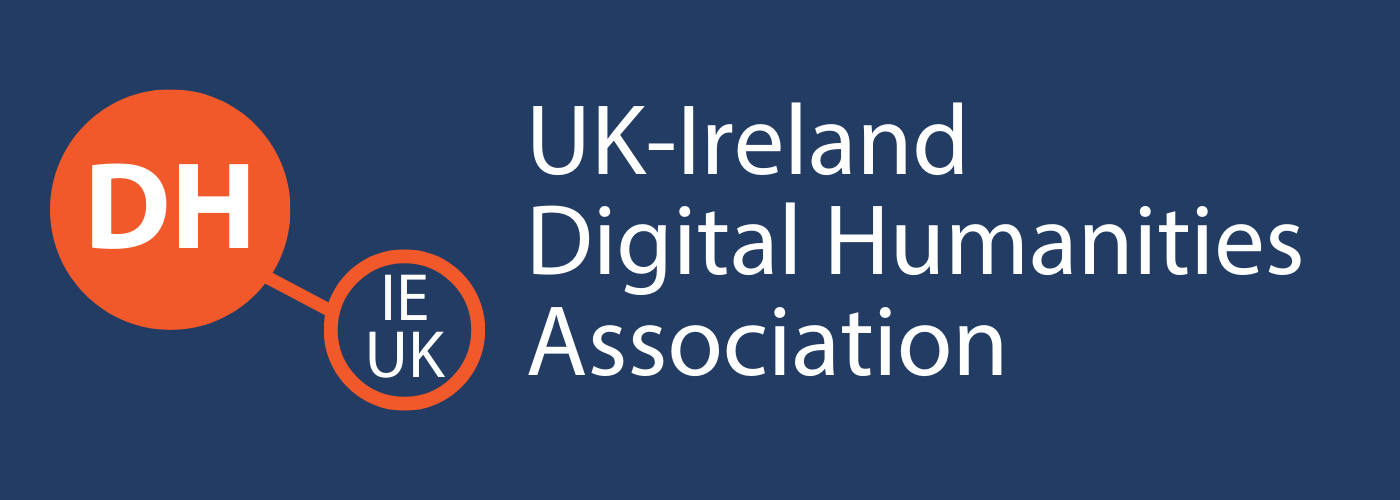
The Digital Humanities Climate Coalition Toolkit
This toolkit is a guide to making your research practices more environmentally responsible. It is geared towards digital practices, but also touches on general areas such as travel and advocacy. We hope it will be relevant to researchers, educators, students, administrators, librarians, technicians, and others. The toolkit aims to highlight actionable solutions, while also critically reflecting on their nuances, in the broader context of climate justice. It is a community-developed work-in-progress, and you are warmly invited to contribute.Curated by (in alphabetical order):
Anne Baillot, James Baker, Jenny Bunn, Alex Cline, Michael Faerber, Charlotte Feidicker, Josephine Lethbridge, Matthew McConkey, John Moore, Christopher Ohge, Torsten Roeder, Nicolas Seymour-Smith, Martin Steer, Jo Lindsay Walton, Elizabeth Williamson.
Where to start?
If you have a specific question, check if it listed in the I Want To ... section. Or browse the toolkit in any order. If you'd like a suggested pathway, try this:This work is licensed under CC BY 4.0
Join the mailing list
If you'd like to be kept in the loop about DHCC activities, ask to be added to the email list. We are holding regular informal conversations in 2024 to explore further developing the toolkit and other next steps.Digital Humanities and the Climate Crisis: A Manifesto
Digital Humanities and the Climate Crisis: A Manifesto. "The digital is material. As digital humanists, every project we create, every software application we use, every piece of hardware we purchase impacts our environment. [...] As humanities researchers, it is also our role to probe the values, the power structures, and the future imaginaries that underpin sustainable solutions."Workshops and Talks
Members of the DHCC have given talks and workshops related to this toolkit in various contexts including DH Benelux, the Norwegian Technical University, the British Library, National Library of Scotland, the Canadian Health Libraries Association, and the National Archives. If your organisation is interested in finding out more, contact one of the coordinators, Jo Lindsay Walton, James Baker, Christopher Ohge, or Lisa Otty.DHCC Publications

UK-Ireland Digital Humanities Association
The Digital Humanities Climate Coalition is a Community Interest Group of the UK-Ireland DH Association. "The Association builds on existing research conducted by the partner institutions and brings together different stakeholders to consider and interrogate critically the concepts of sustainability, inclusivity, training, advocacy and career progression, among other key questions. Institutions and individuals engaged with the Association, across the UK and Ireland, will work to further develop a collaborative vision for the field, and create new and sustainable long-term partnerships with the international community."